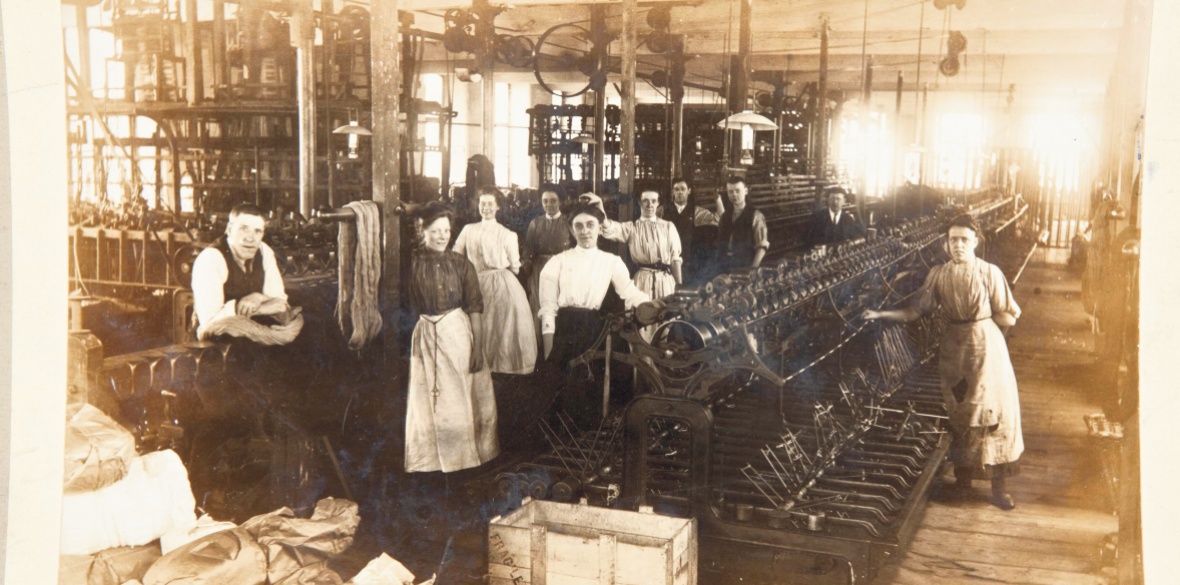This is the last article you can read this month
You can read more article this month
You can read more articles this month
Sorry your limit is up for this month
Reset on:
Please help support the Morning Star by subscribing here
REBECCA LONG BAILEY is now officially the standard-bearer of the left in the Labour leadership election.
She is not of course some kind of “continuity Corbyn” candidate but a leadership contender with her own perspectives for the 2020s.
She laid some of these out in a recent article in the Guardian.
One phrase that caught particular attention was her use of the term “progressive patriotism.”
Some saw this as counterposed to socialist internationalism, others felt it was a recognition that Labour needs to tune into radical working-class traditions from William Cobbett’s Freeborn Englishman of the 1820s onwards.
As E P Thompson noted of Cobbett, the tradition was often contradictory, progressive and reactionary by turn and sometimes the two were combined.
Long Bailey however provided an example of the idea which helps to explain what it means.
That example was of the solidarity shown by Lancashire mill workers with the American North against southern slaveholders during the American civil war in the first years of the 1860s.
The war was fought between 1861 and 1865 between Northern US States headed by Abraham Lincoln and Southern States — the Confederacy. The latter were slaveholders while the North was less wedded to indentured labour, particularly if that stance helped to win the war.
The impact in England was significant.
The Confederacy restricted exports of cotton to England which at least in part contributed to what is termed a “cotton famine.” Mills in the north-west of England closed, leading to unemployment, poverty and starvation.
The reaction of the vast majority of workers in the north-west was not however to demand that the North recognise the Confederacy and the British government do the same. Quite the reverse.
Marx published an article on a London workers’ meeting on the Civil War in January 1862. In it he quoted part of a resolution passed by the meeting:
“In view of the ill-concealed efforts of The Times and other misleading journals to misrepresent English public opinion on all American affairs; to embroil us in war with millions of our kinsmen on any pretext whatever, and to take advantage of the perils currently threatening the republic to defame democratic institutions, this meeting regards it as the very special duty of the workers, since they are not represented in the Senate of the nation, to declare their sympathy with the United States in their titanic struggle for the maintenance of the Union; to denounce the shameful dishonesty and advocacy of slaveholding on the part of The Times and kindred aristocratic journals.”
This may be seen as international solidarity, which it was, or perhaps progressive patriotism. This in the sense that — while the working-class pressure didn’t stop business from supporting the Southern slaveholders — it did stop the government. It was one of the “better” moments of imperial history perhaps.
The picture is more complex still though. In the best study of the matter “Before the Socialists” Royden Harrison points out that there was a minority who opposed this view. Some were old Chartists who were now Tories. Others however called for politics to be kept out of trade unions.
It is a familiar cry — but before independent labour politics it meant something different. Namely that while Tory business backed the South, liberal business backed the North. Workers by contrast backed neither.
It was a controversial view then but it found some voice in working-class circles.
The historical point for progressive patriotism is that it may or may not work as a political theme — but the devil remains in the detail. More of a policy than a slogan.











